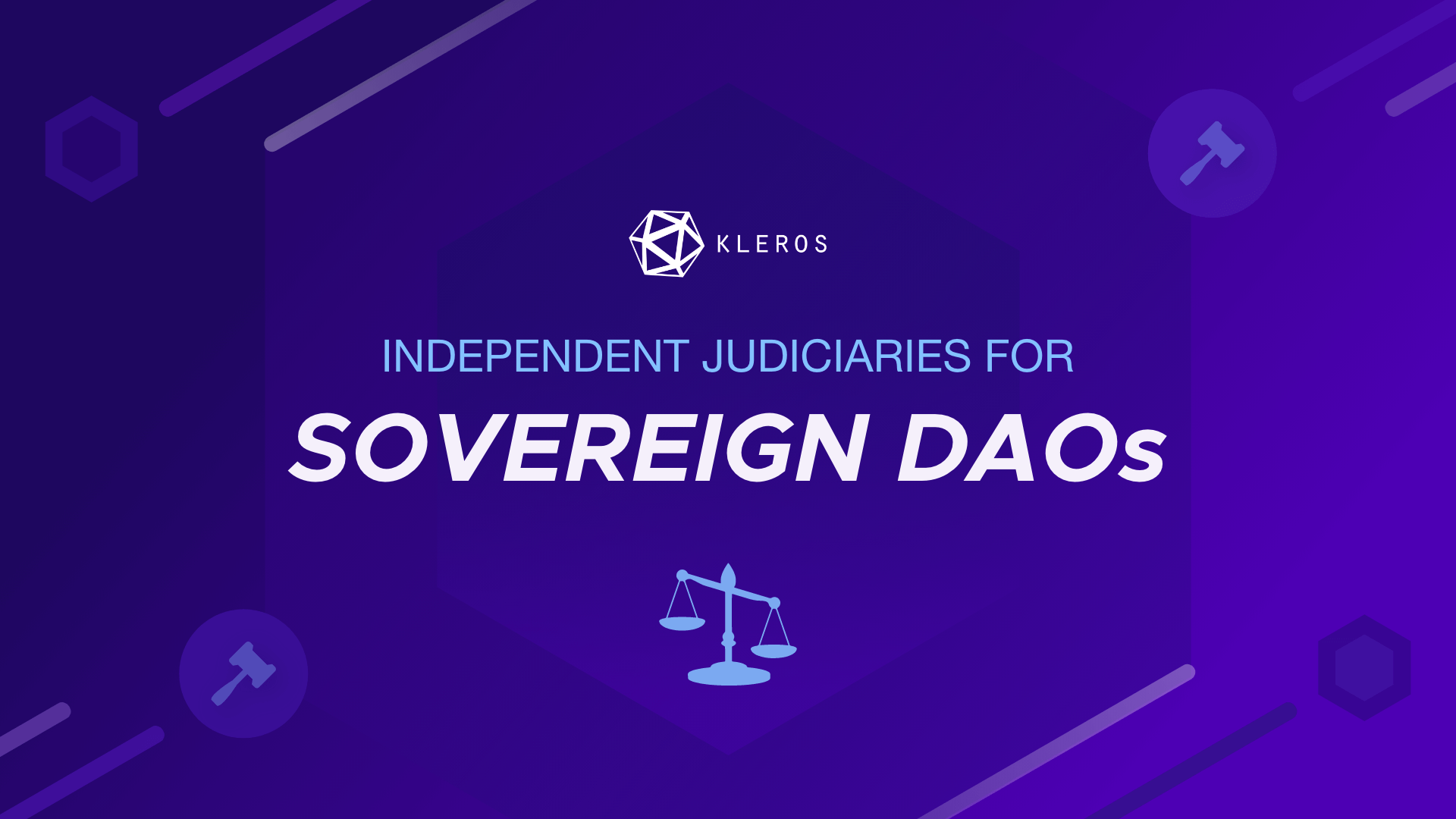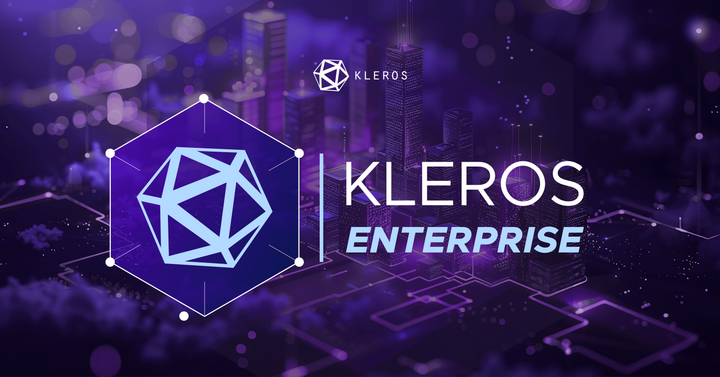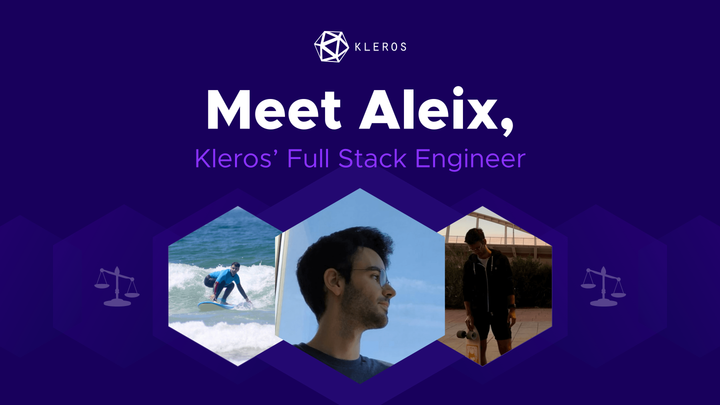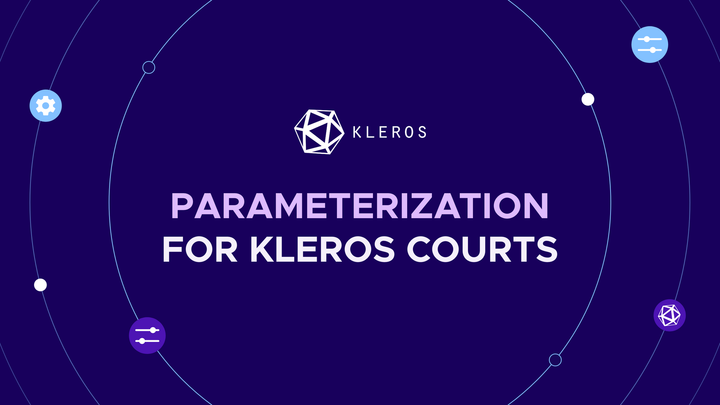Building an Independent Judiciary for Sovereign DAOs
How Kleros can solve certain conflicts in obligations within your DAO, and concrete ways to safely implement the Separation of Powers.

How Kleros can solve certain conflicts of obligations within your DAO, and concrete ways to safely implement the Separation of Powers.
We at Kleros have written and spoken several times on the benefits of Montesquieuian separation of powers within governments, especially within the context of decentralized governance in DAOs.
As with any real-world government, when more than one of the three powers of execution, adjudication or legislation rests in the hands of the same party, the freedom of any individual within a collective can become severely compromised as that one party would be able to unilaterally effect changes to the fate of the collective. While it can be attractive to centralize control in the beginning in pursuit of growth, long term and sustainable growth of a collective is only possible with healthy policies and institutions in place.
Despite that, it remains a commonly held belief in Web3 that the separation of powers is not only incompatible, but antagonistic to a strong and secure DAO; by relegating any one of these powers to an external party, this loss of control is often perceived as an inevitable hit to its self-determination abilities.
This is especially true among (DeFi) insurance DAOs, where a DAO's ability to decide (for themselves) on claim payouts is often seen as a cornerstone of the DAO's ability to protect the members' capital.
While this might sound true prima facie, it does not escape the pitfalls of violating the Montesquieuian Separation of Powers and the way it plays out in modern-day DeFi insurance protocols is explained in more detail on this page.
Specifically, it leads to what some has called the reverse agency problem, where the obligation to protect the DAO's capital pools is often at odds with the duty to use these pools of capital to compensate insurees for their losses.
To solve this problem, Kleros Court has been designed as an 'Independent-judiciary-as-a-service' for Web3, with a number of important design provisions to limit the scope of the Court to just the arbitration process, air-gapping it from the law/policy making process and the execution/enforcement of the Court's rulings. As such, there are numerous ways that members of a DAO can retain control over the most crucial parts of the dispute resolution process:
- It is still possible for any DAO member to participate in the court cases by uploading evidences or arguments directly to the case in question. This will in turn help the decentralized jury of Kleros to make decisions that are consistent with the policies and constitution of your DAO.
- If a case is ruled in a direction that is inconsistent with a DAO's constitution/policies, anyone can step in to initiate and/or fund an appeal to the case and upload additional evidence. This will draw in a larger group of jurors to reevaluate the case and the new arguments put forward.
- Members of your DAO are also free to stake in the respective courts of Kleros to stand a chance to be part of the jury.
- Lastly, Kleros can be used in setups where the conclusion of a Kleros Court case forms only one of several factors for the enforcement of a ruling (e.g. the agreement of a DAO's core team and/or token holders being necessary for a particular ruling to be ratified).
In conclusion, incorporating Kleros as an independent judiciary not only resolves the centralization risks and conflicts of interest within your DAO, but it can be done without compromising any of the security originally envisioned for your DAO.
Are you a member or builder of a DAO that recognises the need for independent arbitration within certain processes of your DAO?
Reach out to us now to start the conversation!



